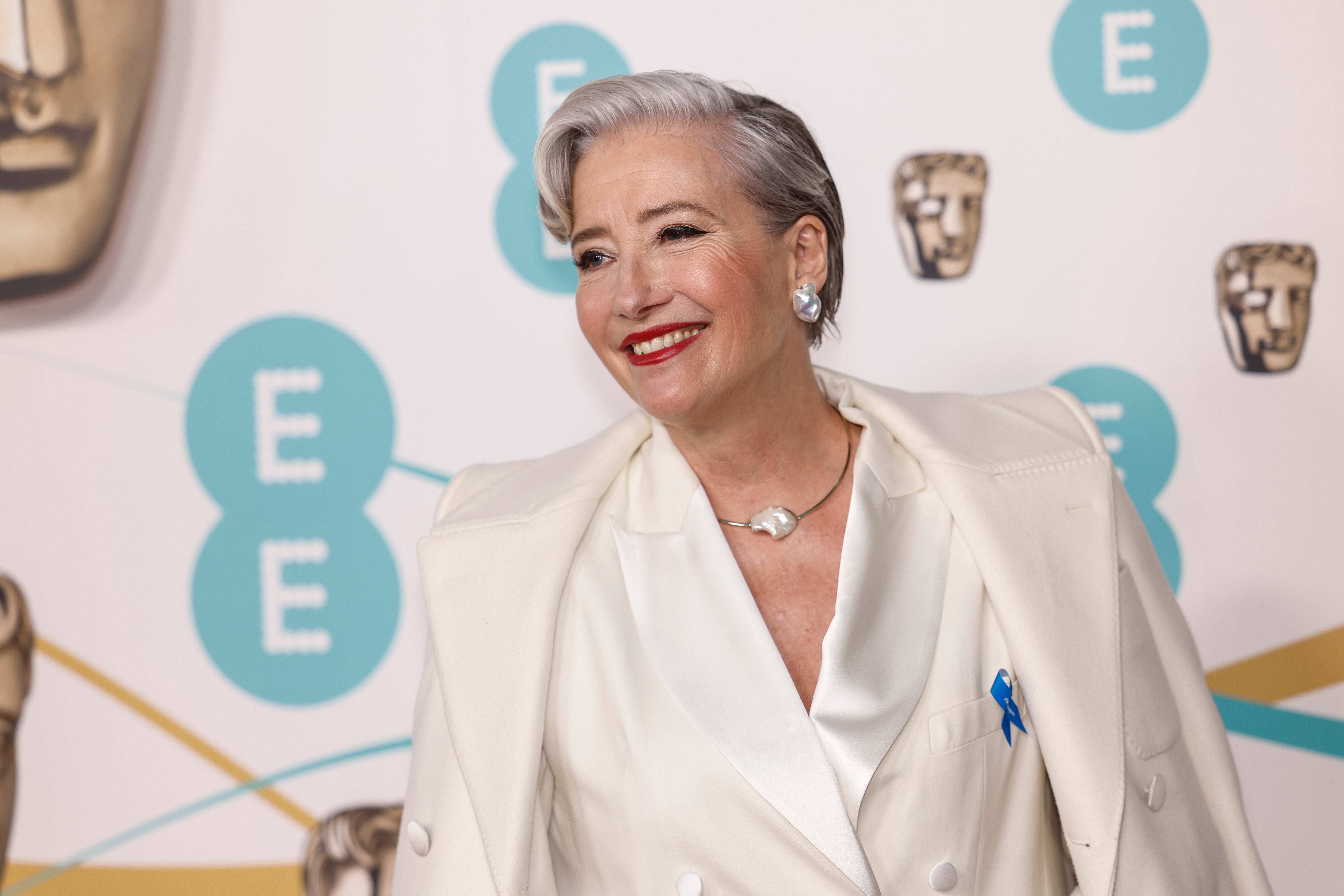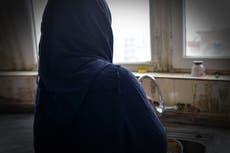Men aren’t all power-crazed egotists. But we need fewer of them in positions of power
Women want to empower others to create more compassionate and kind power structures, and we need to support them in doing this, writes Emma Thompson


I once met a female herbalist in rural Liberia. She took me around her village and showed me the plants she used to create medicines for everything from excessive bleeding to lung infections and pregnancy support. She had healed hundreds of people for miles around.
“Doesn’t that engender envy?” I asked. “To have that kind of power in a small community can be dangerous, surely?”
She said: “Oh, I don’t make the medicines for them. I simply show people how to identify the right plants and tell them how to prepare the medicines. They then take their healing into their own hands. I give them the power. If I had done it all myself, I would have been accused of witchcraft a long time ago and probably killed or exiled.”
Thankfully, women who have power no longer get burnt as witches in our country, but my point about the herbalist is that sharing her knowledge and giving others agency had healed hundreds whilst simultaneously protecting her and her family.
It’s the kind of power-sharing we need from the top of our institutions down. Power, when it is in the hands of so many people who are soaked in the self-obsessed egotism of patriarchy, is not shared. They want that power for themselves and, once in possession of it, refuse to give it up.
Women tend to be more willing to share power, knowledge and resources in order to support a wider community, and in order to survive.
Recently I’ve met many women, hopeful candidates for political roles, whose principles remind me of that herbalist. All they want to do is improve the tools of survival that we all need, to ensure that the sharing of resources takes place at every level in order that we all may thrive.
They want to empower others to pick up the guiding reins, and to help them drive towards more accepting, understanding, compassionate and kind power structures – locally and globally – from their own council chambers to the boardrooms of Westminster.
I don’t think all men are power-crazed egotists. But I observe a lot of men in power behaving in just that fashion, and there are far better examples of leadership in women.
Only 5 per cent of women have global leadership roles. Recently, one of them, Jacinda Ardern, referred to her success as being due to her team of 5 million. What other leader has ever referred to the entire citizenship as their team in that way?
Crucially, she wasn’t afraid to be “driven by empathy”.
It is clear that we need more leaders like her, and to find them, we are going to have to support women at the grassroots of our democratic processes.
So today I call on you all to locate and support women who are seeking election. Or to tell that brilliant woman you know that you would support her – financially, and emotionally, and practically – if she were to run for election.
Women who face the most difficulty in participating in this process are often from working-class backgrounds, or are disabled, or are women of colour. Their experiences of living within systems that don’t see them or make adequate space for them is an invaluable resource that our local and central government needs if it is to make better systems that work for everyone.
Emma Thompson is a donor and supporter of FundHer and ElectHer
Join our commenting forum
Join thought-provoking conversations, follow other Independent readers and see their replies
Comments


Bookmark popover
Removed from bookmarks